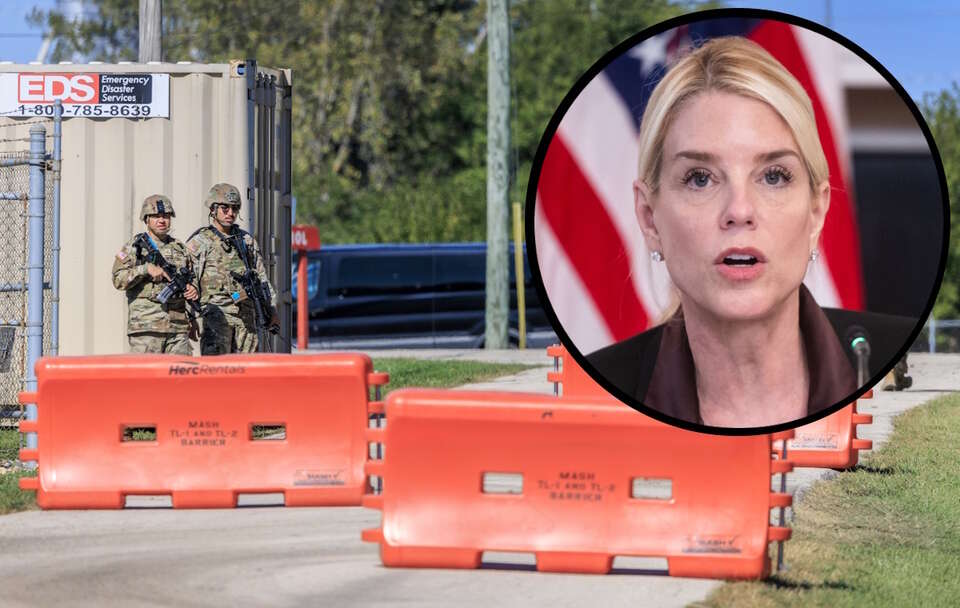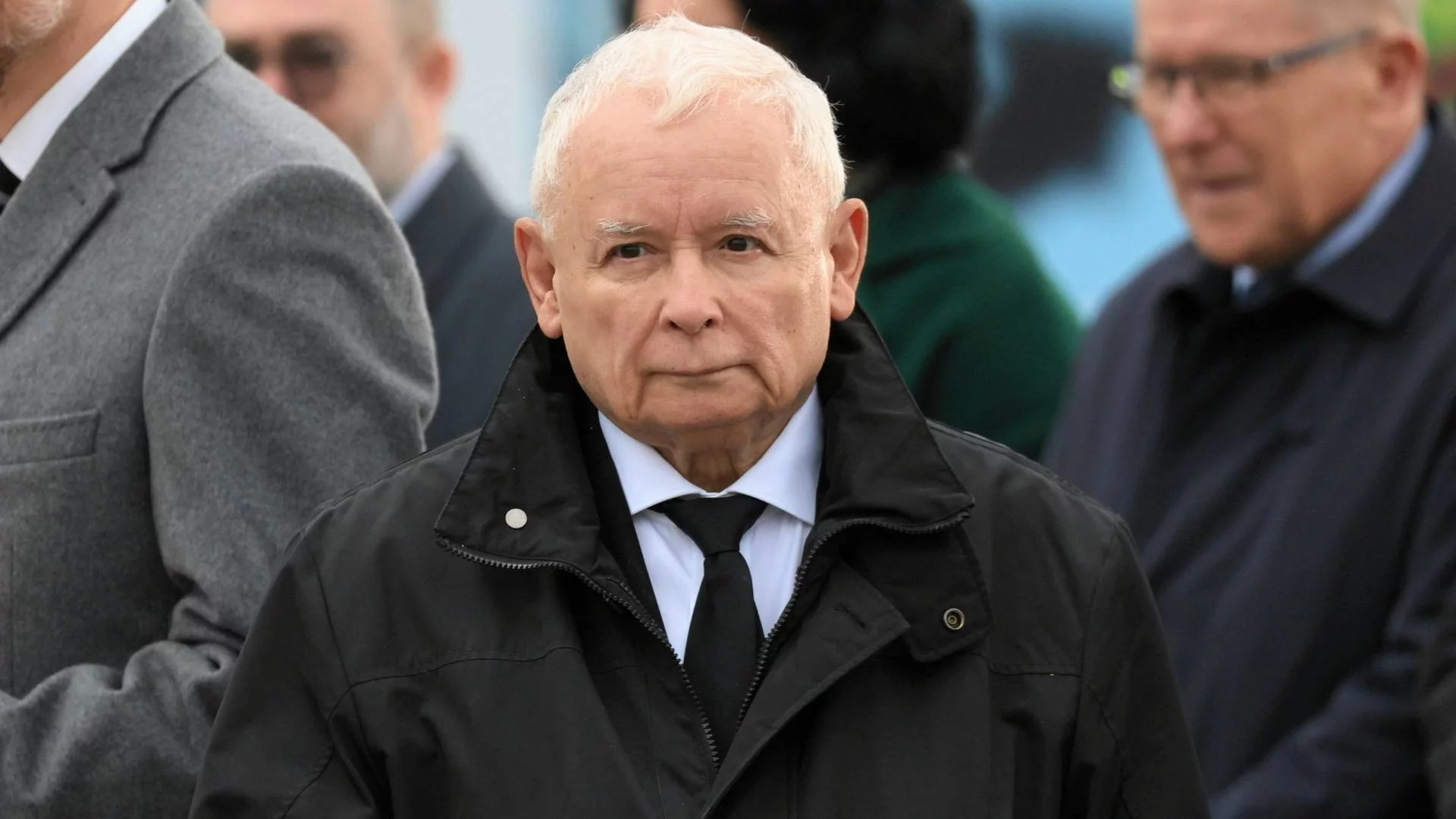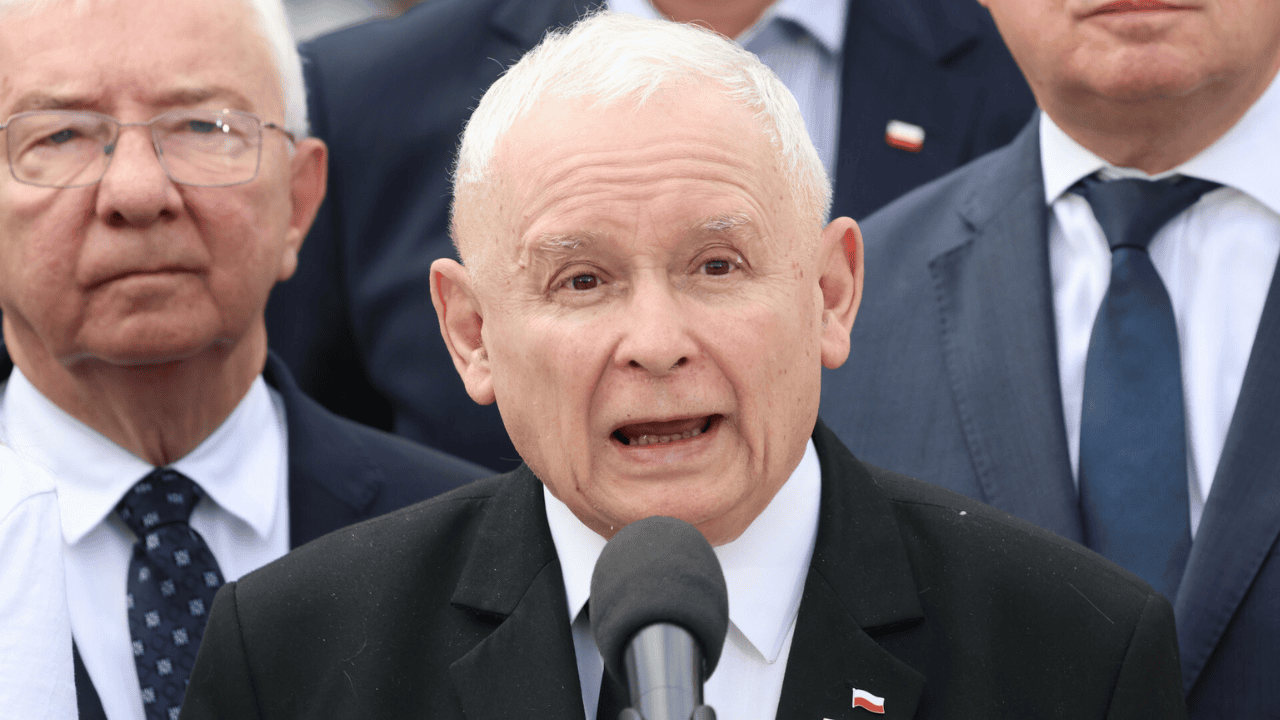
US Space Force General Says China’s Military Developing Space Assets At „Breathtaking Speed”
Authored by Frank Fang via The Epoch Times,
Gen. Stephen Whiting, commander of U.S. Space Command, recently warned about China’s “breathtakingly fast” development of space military capabilities, following his trips to South Korea and Japan.
“We are seriously focused at U.S. Space Command on our pacing challenge, which is the People’s Republic of China,” Gen. Whiting told reporters during a call from Japan on April 24.
“The People’s Republic of China is moving at breathtaking speed in space, and they are rapidly developing a range of counter-space weapons to hold at risk our space capabilities,” he added.
“They’re also using space to make their terrestrial forces—their army, their navy, their marine corps, their air force—more precise, more lethal, and more far-ranging.”
Gen. Whiting was on his first Indo-Pacific trip after becoming the head of U.S. Space Command in January, succeeding Army Gen. James Dickinson. During his trip, he met with top military leaders from South Korea and Japan, including Adm. Kim Myung-Soo, chairman of South Korea’s Joint Chiefs of Staff, and Japanese Defense Minister Minoru Kihara.

One particular concern was the number of Chinese satellites in orbit, Gen. Whiting said.
“Over the last six years, they have tripled the number of intelligent surveillance and reconnaissance satellites on orbit, and they have used their space capabilities to improve the lethality, the precision, and the range of their terrestrial forces,” he said.
“And so that obviously is a cause for concern and something that we are watching a very, very closely.”
China’s satellite fleet stood at 359 systems as of January, according to his prepared remarks for a hearing of the Senate Armed Service Committee in February. He also noted that Beijing is developing hypersonic glide vehicles along with other advanced space weaponry to “overcome U.S. traditional missile warning and ballistic missile defense systems.”
China’s ambitions with regard to the Moon are also among Space Command’s concerns.
“We’ve seen the announcements of China’s ambitions to go to the Moon. And those appear to be exploratory and scientific on the surface, but the Chinese aren’t very transparent with what they do in space,” he said.
“And so we hope there’s not a military component to that, but we would certainly welcome more transparency.”
A U.S. military report published in January warned that China and Russia are putting up dual-use satellites in space while hiding their military applications. One example is a Chinese satellite equipped with a giant robotic arm, which could be used to grapple other satellites in the future.
China is aiming to put its astronauts on the moon by 2030. Pakistan, South Africa, Belarus, and Nicaragua are among a group of nations that have signed up for a planned moon base led by China and Russia. The moon project is officially known as the International Lunar Research Station.
Gen. Whiting said he visited Japan’s Space Operations Group and emphasized the importance of the two nations working together in space.
“Their focus on space domain awareness along with ours to keep track of those threats in space that we see—and many of those are emanating from China—has put an impetus on us developing improved space domain awareness capability,” he said.
Japan is working to bring on board a deep-space radar, Gen. Whiting said, adding that the radar will benefit both nations once it archives initial operational capability.
“We expect that will provide both of our countries an enhanced understanding of what China is doing in space,” he said.
Japan and the United States are also partners in launching new satellites that will be used to conduct space domain awareness missions, according to Gen. Whiting.
In November last year, the United States, Japan, and South Korea agreed on a mechanism to share missile warning data to better track North Korea’s missile launches. The mechanism went into effect in December.
“We need to continue the excellent work in the trilateral agreement between the United States, the Republic of Korea, and Japan to share missile warning information so that that all three countries fully understand anytime North Korea launches a missile where that missile is headed, and we can provide warning to our national leadership, to our military forces, and to our populations,” Gen. Whiting said.
Tyler Durden
Mon, 04/29/2024 – 00:05








![A gdyby tak rzucić wszystko i wyjechać do Maroka… [zdjęcia]](https://tarnow.ikc.pl/wp-content/uploads/2025/10/ucieczka-do-tangeru-fot.-Artur-Gawle0001.jpg)


